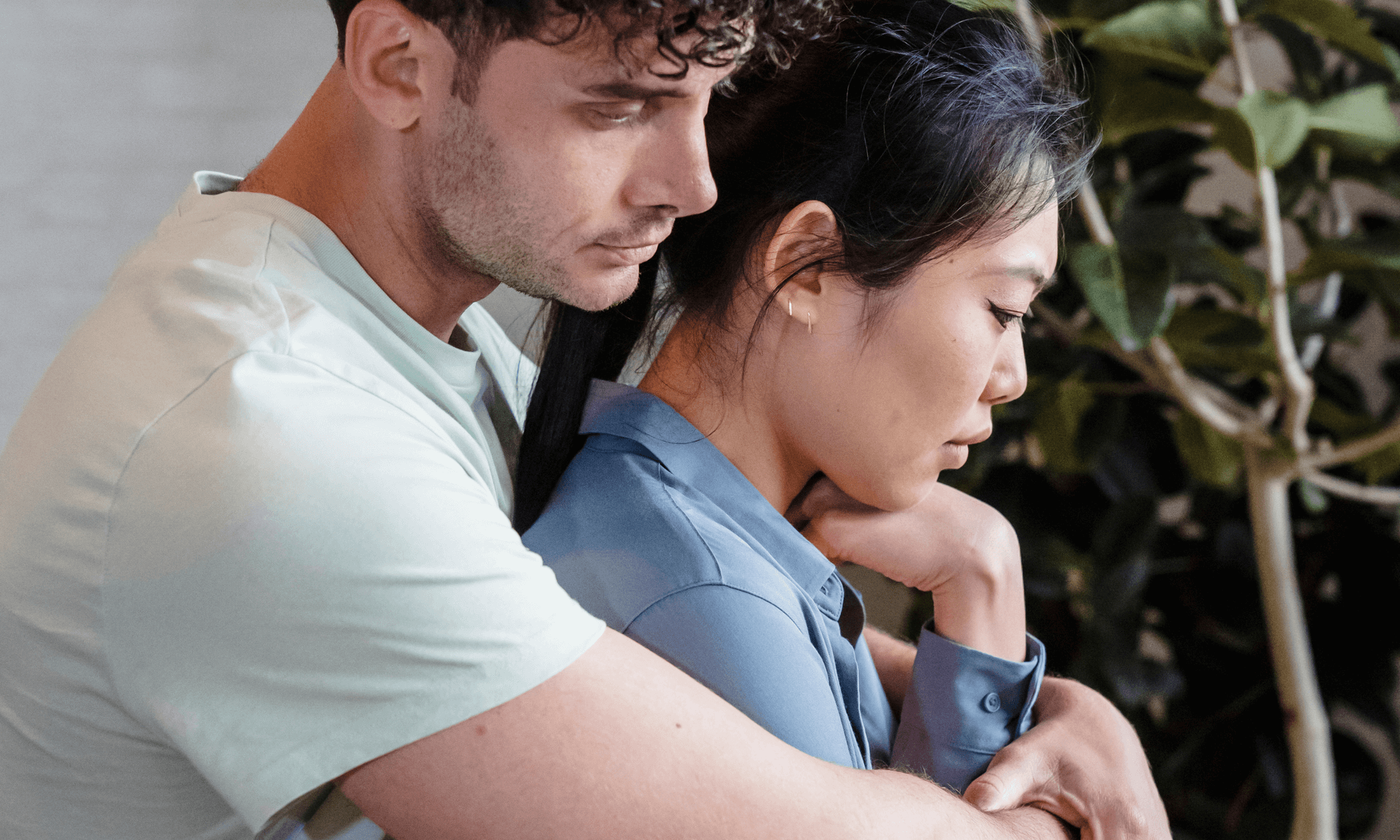All posts
Am I controlling?
Coercive control is a form of domestic abuse, and it can have dangerous impacts on survivors. But what exactly counts as coercive control, and how do we know if we’re being controlling? A controlling relationship is one where one person uses manipulation and intimidation to control their partner’s behaviour and make them feel scared, isolated, […]


Coercive control is a form of domestic abuse, and it can have dangerous impacts on survivors.
But what exactly counts as coercive control, and how do we know if we’re being controlling?
A controlling relationship is one where one person uses manipulation and intimidation to control their partner’s behaviour and make them feel scared, isolated, and dependent on the controlling partner.
This can range from telling them what to wear or who they can and can’t spend time with, to more subtle controlling behaviours, such as using the ‘silent treatment’ when you don’t get your way.
The use of control in relationships can stem from anxiety, insecurities, jealousy, growing up around unhealthy relationships, and other issues.
If you recognise controlling behaviours in yourself, it’s important to address these unhealthy patterns early. This is the first step to having healthier interactions with your partner and avoiding further harm.
Speaking to a counsellor can help you make changes and explore any underlying issues that might be contributing to these behaviours.
RAQ Clinical Supervisor (Domestic and Family Violence) Kelli offers her insights on control in relationships, and advice for anyone using control.
Common Controlling Behaviours in Relationships
Control in relationships can be hard to identify. Someone being controlled may not even realise it, and even the person using control might think they’re doing these things because they care.
For example, you might demand to know where your partner is and who they’re with at all times and say it’s just because you care about them. But this behaviour is controlling and abusive.
Learning more about controlling behaviours can help us recognise them in our own relationships and make healthy changes.
These are just some examples of control in intimate relationships:
- Being the one to make all the decisions (e.g. what to spend money on, how to parent children, what activities to engage with, who to socialise with).
- Stopping someone from accessing or interacting with friends, family, or their spiritual beliefs.
- Excessively checking up on someone (e.g. needing to know where they’re going, monitoring their phone/social media activity, making them “report in” on their whereabouts at all times).
- Gaslighting, including telling them an incident/conflict situation didn’t happen the way they remember it, telling them they’re imagining things, minimising their concerns, making fun of them when they’re distressed.
- Making direct or passive aggressive insults or comments on someone’s appearance (e.g. “Are you wearing that?” or “I don’t think you need another slice of pizza.”).
- Making someone feel imcompetent, criticising how they do things, and/or saying they’d be lost without you.
Why do people use control in their relationships?
It’s important to remember that there is never an excuse for asserting power and control over your partner.
These are just some of the underlying issues that may contribute to someone using control in their relationship:
- Fear of losing the relationship
- Inability to communicate feelings in a healthy way
- Jealousy and trust issues, possibly as a result of being hurt in the past
- To break down their partner’s self-esteem so they never leave them
- These behaviours were modelled to them in their own families
- They see their partner as their “property”.
Cultural beliefs around traditional gender roles can also play a part in the use of control in heterosexual relationships.
“They may have beliefs about relationships that make them feel entitled to behave this way,” Kelli explains. “For example: I am the man of the house, therefore I get to set the rules.”
Advice for Controlling Partners
“Control in relationships can have a negative cumulative effect that can have significant impacts such as low self-esteem, sense of powerlessness, and a lack of trust and respect,” Kelli explains.
“Consider the long-term impacts of your behaviour on your relationship.”
The good news is that you can take steps to change these behaviours.
Our counsellors can help you identify and address any underlying issues within yourself that may contribute to these relationship patterns.
You can call 1300 364 277 to make an appointment, or learn more about our counselling service here.
We explore more examples of coercive control in this article.
Back to all posts